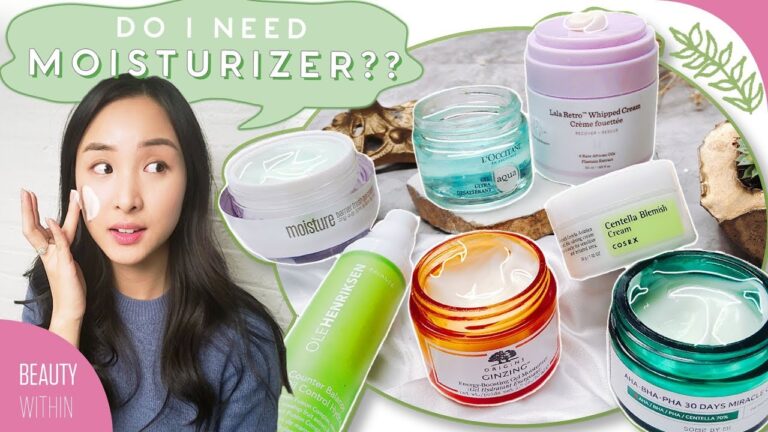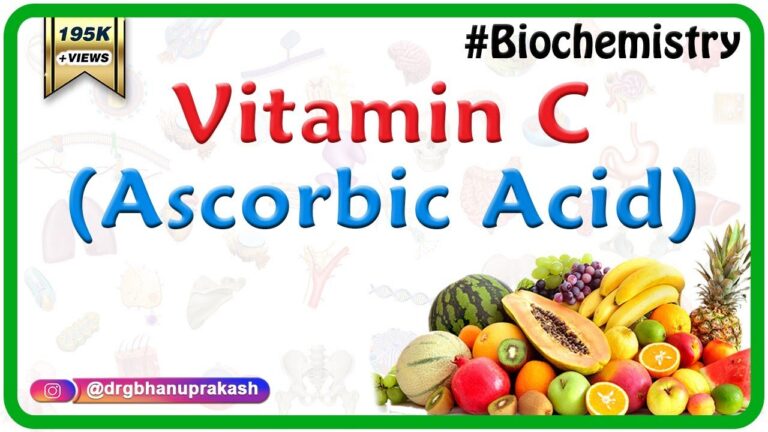Vitamin C Burn on Face: Causes, Prevention and Treatment
Have you ever experienced a vitamin C burn on your face after using a skincare product containing this ingredient? Unfortunately, this is a common side effect that can occur when using vitamin C products improperly.
Vitamin C is a powerful antioxidant that can help brighten and even out skin tone, reduce inflammation, and promote collagen production. However, its potency can also cause irritation or sensitivity if used in high concentrations or applied too frequently.
The Signs of Vitamin C Burn
If you’ve experienced a vitamin C burn, you’ll likely notice some or all of the following symptoms:
- Burning or stinging sensation
- Redness or rash
- Tightness or dryness
- Itchiness
- Flakiness or peeling
If you experience any of these symptoms, it’s important to immediately stop using the product that caused the reaction and consult with a dermatologist if necessary.
Preventing Vitamin C Burn
While vitamin C can be highly beneficial for the skin, there are a few things you can do to reduce the risk of experiencing a burn:
- Start slowly by using a product with a lower concentration of vitamin C, such as The Ordinary’s Ascorbyl Glucoside Solution 12%.
- Don’t overuse the product. Vitamin C is best used once a day, ideally in the morning as it can provide antioxidant protection against environmental stressors.
- Always follow up with a moisturizer to hydrate the skin and reduce any potential irritation.
- Use sunscreen during the day to prevent further damage from UV rays.
- Avoid using vitamin C in conjunction with other potentially irritating products, such as retinoids or alpha-hydroxy acids.
Treating Vitamin C Burn
If you do experience a vitamin C burn, there are a few things you can do to help soothe the skin:
- Cool compress: Soak a clean cloth in cool water and apply it to the affected area for 10-15 minutes at a time to reduce inflammation and discomfort.
- Aloe vera: Apply aloe vera gel to the affected area to calm the skin and promote healing.
- Ceramides: Look for a moisturizer containing ceramides, such as CeraVe Facial Moisturizing Lotion PM, to help repair the skin barrier and prevent further irritation.
If the symptoms persist or worsen, it’s important to seek medical attention.
Conclusion
Vitamin C can be a game-changer for your skincare routine, but it’s important to use it properly to avoid any negative side effects. By starting slow, monitoring your skin’s reaction, and taking steps to soothe and repair any irritation, you can enjoy the benefits of this powerful ingredient without any adverse effects.
Contents
Most searched products:
Does Sephora Support Israel? Answering Your Questions
How Long Does Glycolic Acid Take to Show Results: Your Ultimate Guide
Discover the Benefits of The Ordinary Botox for Your Skin
The Ultimate Guide to Azealic Acid: Benefits, Uses, and Side Effects
The Perfect Order: When to Use Retinol and Niacinamide in Your Skincare Routine
The Ultimate Reviews of The Ordinary Peeling Solution
The Ultimate Guide to The Ordinary Colours Foundation: Reviews, Swatches, and Tips
Your Essential Guide to The Ordinary SPF 50: Benefits, Ingredients, and Reviews
Say Goodbye to B.O with Glycolic Acid Deodorant: The Secret to Long-Lasting Freshness
Exploring the Wonders of The Ordinary Oxford Street: A Complete Guide












